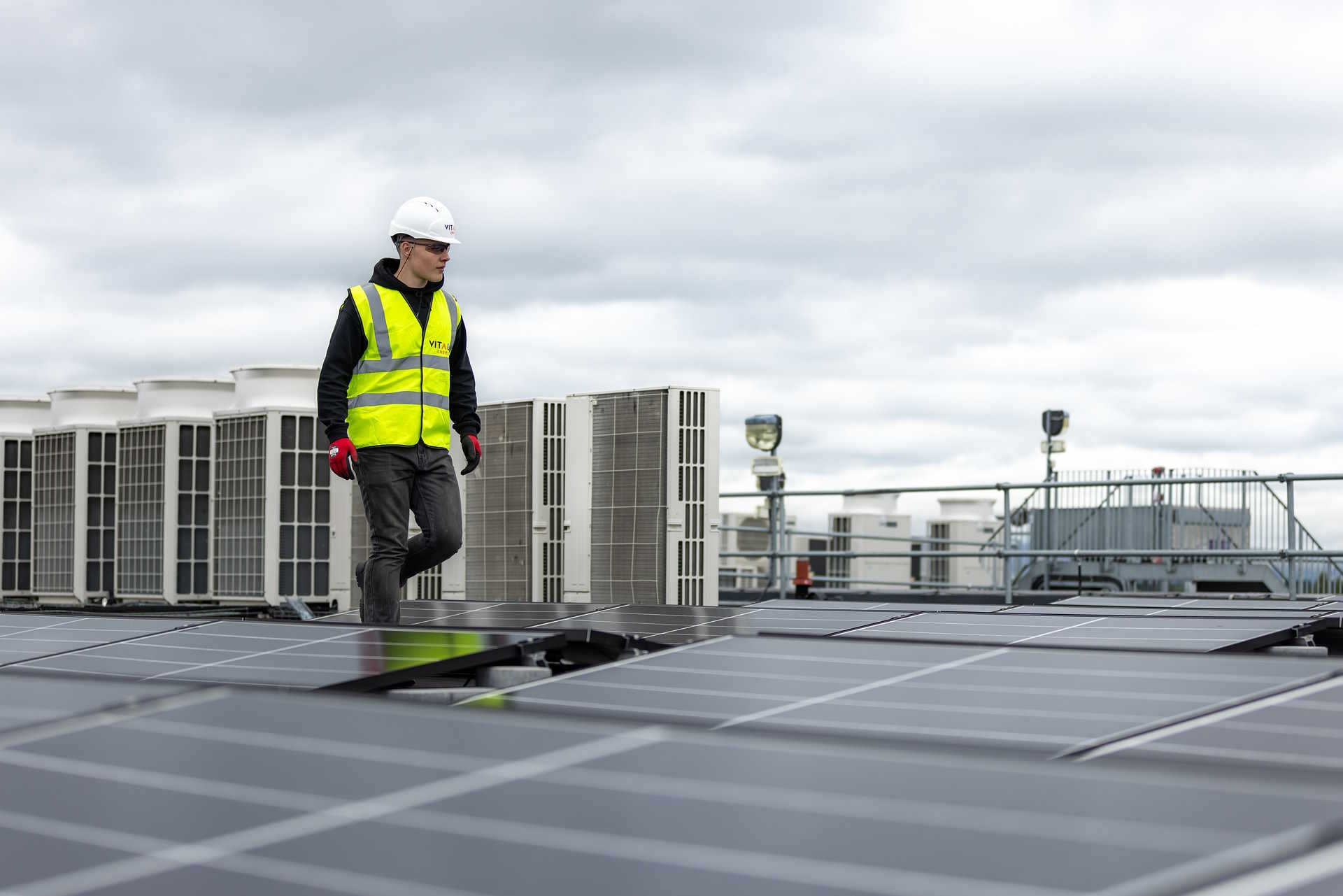Why a Career in HVAC Could Be Your Smartest Move in 2025
In a rapidly changing job market, finding a career path that offers stability and real growth potential is more valuable than ever. While many jobs face uncertainty, essential skilled trades like Heating, Ventilation, and Air Conditioning (HVAC) are experiencing consistent demand. For those seeking a rewarding profession without the time and expense of a four-year degree, the HVAC industry presents a powerful opportunity. Let's explore why so many Americans are making this smart career move.

The skilled trades encompass various technical disciplines, and HVAC represents one area where individuals can develop specialized knowledge and practical skills. With technological advances, environmental regulations, and evolving building systems, HVAC training provides a foundation for understanding complex mechanical systems.
High Demand and Job Security
The HVAC industry involves ongoing maintenance and installation of climate control systems across residential, commercial, and industrial settings. While industry publications discuss various trends and workforce considerations, individual employment outcomes depend on numerous factors including location, economic conditions, personal qualifications, and local market dynamics. The technical nature of HVAC systems requires ongoing maintenance and service, though specific employment opportunities vary significantly by region and circumstances. Students should research local market conditions and speak with industry professionals to understand realistic expectations for their specific situation.
Competitive Earning Potential
HVAC professionals may develop earning potential through skill advancement and specialization, though individual income varies widely based on multiple factors. Entry-level positions typically offer wages that may change with experience and additional certifications, but specific compensation depends on location, employer, economic conditions, and individual performance. Experienced HVAC technicians with specialized knowledge in areas like commercial systems or emerging technologies may have different earning patterns, though results vary significantly. Geographic location, seasonal factors, and market conditions all influence compensation structures. Individual financial outcomes cannot be guaranteed and depend on personal circumstances and market factors.
Start a Career Without College Debt
HVAC training programs offer alternative educational pathways compared to traditional four-year degree programs. Most certification programs range from six months to two years, allowing students to gain technical knowledge in a shorter timeframe. Many programs offer flexible scheduling options, including evening and weekend classes, enabling students to balance other responsibilities while learning. Apprenticeship programs provide structured learning pathways combining classroom instruction with practical experience, though availability and requirements vary by location and program.
Engaging Hands-On Work
HVAC work involves technical problem-solving and mechanical systems understanding. Different projects present various challenges requiring analytical thinking, from diagnosing system issues to understanding installation requirements. The work combines mechanical knowledge, electrical understanding, and troubleshooting skills across different environments. Technicians may encounter residential homes, commercial buildings, industrial facilities, and specialized environments, each presenting unique learning opportunities. This variety can provide diverse technical experiences as building systems continue to evolve.
A Clear Path to Advancement and Business Ownership
The HVAC field offers structured learning progression for dedicated students. Educational development typically follows stages from basic certification through advanced specialization, with each level building upon previous knowledge. Specialization areas include commercial refrigeration, industrial systems, energy efficiency, or emerging technologies like smart building systems. Some HVAC professionals eventually consider business ownership, though entrepreneurship requires understanding of business operations, market conditions, regulatory requirements, and financial management beyond technical skills.
| Training Program Type | Duration | Cost Estimation | Key Features |
|---|---|---|---|
| Community College Certificate | 6-24 months | $3,000-$15,000 | Comprehensive curriculum, financial aid may be available |
| Trade School Program | 6-18 months | $5,000-$20,000 | Intensive hands-on training, career services |
| Apprenticeship Program | 3-5 years | Paid training | Earn while learning, structured progression |
| Online Certification | 3-12 months | $1,000-$8,000 | Flexible scheduling, self-paced learning |
Prices, rates, or cost estimates mentioned in this article are based on the latest available information but may change over time. Independent research is advised before making financial decisions.
HVAC training provides technical education in mechanical systems and building climate control. With various learning options, skill development opportunities, and structured educational pathways, HVAC programs offer technical knowledge for those interested in mechanical systems. As buildings incorporate more sophisticated climate control technologies, HVAC education continues to provide relevant technical training for understanding modern building infrastructure.




